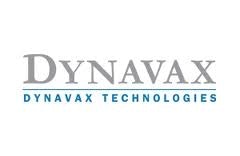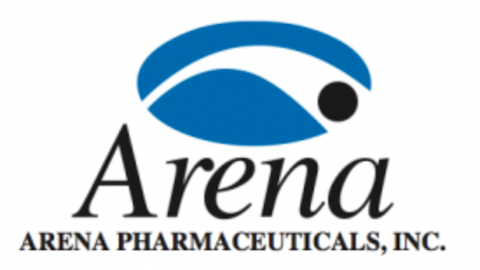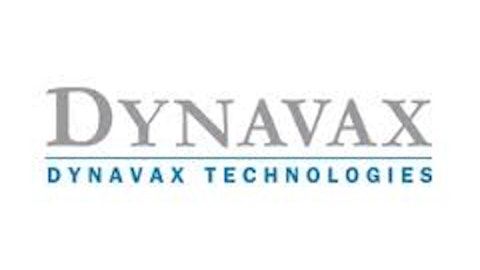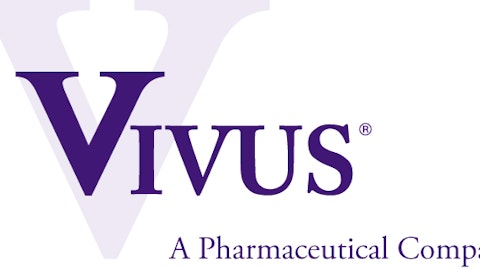With the SPDR S&P Biotech Index up 23% over the trailing-12-month period, it’s evident that investment dollars are willingly flowing into the biotech sector. Keeping that in mind, let’s have a look at some of the rulings, studies, and companies that made waves in the sector last week.
We received a wide variety of news this week out of the biotech sector including FDA decisions, buyout rumors, drug recalls, and even earnings reports, so let’s not waste any time and just dig right in.
On the FDA front, Dynavax Technologies Corporation (NASDAQ:DVAX) and Zogenix, Inc. (NASDAQ:ZGNX) received news that sent them decisively in opposite directions.

On the flipside, Zogenix, Inc. (NASDAQ:ZGNX) shares rallied 46% after the FDA announced that it was delaying its PDUFA decision on Zohydro ER for moderate to severe pain management. Although the FDA didn’t list a reason for the extension, it did note that the extension would be brief and last up to only a few weeks. This led many on the Street to assume that Zohydro ER may be approved sooner than later. The FDA is under no obligation to agree with its panel, but it is worth noting that it often does and its panel voted overwhelmingly (11-2 with one abstention) against recommending approval because of the potential for abuse of the drug.
Biopharmaceutical Optimer Pharmaceuticals, Inc. (NASDAQ:OPTR) jumped 11% on the week after announcing the resignation of Pedro Lichtinger as CEO and a planned strategic review for the company. For those investing-savvy folks, “planned strategic review” is simply a code word for “we’re looking to sell part or all of our company to maximize shareholder value.” However, Optimer could be a tough sell, even with $124 million in cash in the bank. Its only FDA-approved drug, Dificid for Clostridium difficile-associated diarrhea, sold only $62.4 million for the year. I can’t see too many pharmas stepping up and paying a big premium (if any premium) for a company valued at nine times the sales of its only approved drug.
On the downside, shares of Affymax, Inc. (NASDAQ:AFFY) shares were eviscerated after its marketing partner, Takeda Pharmaceuticals, and the FDA, decided to voluntarily recall all lots of anemia drug Omontys. Of the more than 25,000 patients that have been treated with Omontys, about 0.2% experienced hypersensitivity, with a third of those suffering severe reactions. Ultimately, 0.02% of all treated patients died. With the only two other drugs in Affymax’s pipeline using Omontys, Affymax’s current and ongoing pipeline is completely wiped out unless it can come to some sort of resolution to get Omontys back on the market. Shares plunged 84% on the week.
Finally, chronic weight-management drug provider VIVUS, Inc. (NASDAQ:VVUS) disappointed Wall Street with lackluster sales of Qsymia. Wall Street had expected VIVUS to report $3 million in sales and a loss of $0.26. Instead, VIVUS’ sales were light by $1 million, and losses were $0.31 worse than expected. Increased insurance coverage should help VIVUS, as it noted early on that consumers are extremely resistant to paying medication costs out-of-pocket, but sales are still limping along much slower than anyone had expected.
The article This Week in Biotech originally appeared on Fool.com.
Fool contributor Sean Williams has no material interest in any companies mentioned in this article. You can follow him on CAPS under the screen name TMFUltraLong, track every pick he makes under the screen name TrackUltraLong, and check him out on Twitter, where he goes by the handle @TMFUltraLong.
Copyright © 1995 – 2013 The Motley Fool, LLC. All rights reserved. The Motley Fool has a disclosure policy.





